Xinhua Headlines: China-Africa cooperation energizes Global South growth
Source: Xinhua
Editor: huaxia
2025-01-07 21:50:15
* As the world's largest developing country and the continent with the highest number of developing countries, China and Africa are charting the course for shared progress and revitalization, facilitating the modernization of the Global South and injecting "Southern" power into global prosperity and development.
* Over the years, China-Africa cooperation has propelled Africa's growth by empowering African youth through initiatives such as the Luban Workshops, Confucius Institutes, and the China-Africa Universities 100 Cooperation Plan.
NAIROBI, Jan. 7 (Xinhua) -- Chinese Foreign Minister Wang Yi is on a visit to four African countries -- Namibia, the Republic of the Congo, Chad, and Nigeria -- from Jan. 5 to 11, marking the 35th consecutive year that China's foreign minister has chosen Africa as the destination for the first overseas trip of the year.
Wang, also a member of the Political Bureau of the Communist Party of China Central Committee, has hailed it as a longstanding tradition and a distinctive hallmark of China's diplomacy that stems from the deep and enduring friendship between China and Africa.
Over the years, China-Africa cooperation has been forging ahead towards all-round, multi-level, and high-quality development, delivering results across multiple fields, notably in areas of trade, industrialization, agricultural modernization, and capacity building, benefiting billions of people in both China and Africa.
As the world's largest developing country and the continent with the highest number of developing countries, China and Africa are charting the course for shared progress and revitalization, facilitating the modernization of the Global South and injecting "Southern" power into global prosperity and development.
DEVELOPMENT OPPORTUNITIES
Herman Uwizeyimana, general manager of Fisher Global, a Rwandan agriculture company specializing in chili cultivation and export, made a field trip to examine the vibrant red chili crops near Mulindi Market in Kigali, the country's capital.
In 2021, Rwanda began to export dried chili to China, making chili cultivation a key export industry. "When people talk about chili, they often think of China. Everyone knows that our main market is China, and we have many farmers involved," he said.
Over the past three years, Fisher Global has exported 200-300 tonnes of dried chili to China annually. Bolstered by China's recent zero-tariff policy, Uwizeyimana's goal is to expand exports to 1,500 tonnes per year.
Since Dec. 1, China has granted all least developed countries with which it has diplomatic relations, including 33 African countries, zero-tariff treatment on 100 percent of their product categories, becoming the first major developing country and leading economy to adopt such a policy.
On top of the zero-tariff policy, China has introduced measures to turn its vast consumption market into a key opportunity for Africa, not least by expanding green channels for African agricultural products. It has also facilitated Africa's participation in major exhibitions like the China International Import Expo, helped connect African products to global markets, and signed economic partnership agreements for long-term, stable institutional support.
Driven by these measures, Rwandan dried chili and coffee, Kenyan avocados, Beninese pineapples, Malagasy lamb, Malawian peanuts, and Mozambican macadamia nuts and cashews are now gracing Chinese consumers' tables.
According to the General Administration of Customs of China, in the first eight months of 2024, China imported African agricultural products worth 28.47 billion yuan (about 4 billion U.S. dollars), up by 4.8 percent from a year earlier.
With two-way trade booming, China's vast market has also strengthened Africa's industrial chains and added value to its products. Michel Anondraka, director general of agriculture and livestock at Madagascar's Ministry of Agriculture and Livestock, said Madagascar exported frozen lamb products to China for the first time in 2024 and the transition to exporting meat instead of live animals will retain more added value in the country.
"Thanks to this export, (Madagascar's) livestock farmers will have a secure market, which will boost their production, increase their income, and earn more foreign currency," he said, adding that China's growing demand for Madagascar's mutton and goat meat will boost production for local livestock farmers and speed up the African country's agricultural modernization.
ADVANCING TOWARD MODERNIZATION
In November 2024, a group of 20 Africans from the agricultural sector visited the Manluanzhan village in southwest China's Yunnan Province to dig into the country's achievements in rural revitalization.
During their stay, they saw how structures like disused water towers had been transformed into cafes, and traditional homes converted into modern guesthouses. Participants also engaged in cultural activities such as traditional pottery-making and local martial arts.
Nabirye Sarah from the Busoga Consortium for Development tried making a pottery vase. "These hands-on activities showcase the value of local ethnic culture and are very appealing to urban youth and children," she said, unveiling her plan to introduce such easily accessible and innovative business projects to young people upon returning to her country.
Sarah is among the first cohort under a young rural entrepreneurs' initiative for African countries jointly launched by China Agricultural University and Chinese tech giant Tencent in 2024.
Dima Al-Khatib, director of the United Nations Office for South-South Cooperation, depicted the initiative as an innovative South-South cooperation model that facilitates knowledge and skills sharing and fosters collaborative innovation between developing countries.
"This will enable you to transform your communities, to create lasting change, and drive sustainable development across Africa," she said.
As China is working for high-quality development and Chinese modernization, Africa is also pursuing the modernization goals outlined in the African Union's Agenda 2063. China's experience offers fresh opportunities for Africa's development.
From Madagascar's hybrid rice to agricultural poverty reduction demonstration villages in Sao Tome and Principe, from Ethiopia's Eastern Industrial Zone to the China-Egypt TEDA Suez Economic and Trade Cooperation Zone, and from Mauritania's China-Africa Green Technology Park to the geothermal power plant of Sosian Energy in Kenya, Chinese wisdom and solutions are taking root across Africa, boosting the continent's modernization drive.
"Africa and China are all giants who stand on the shoulders of each other. Let us work together for a better life. This life leaves no one behind," said Omar Mjenga, president and chief executive officer of the Center for International Policy-Africa.
EMPOWERING YOUNG GENERATION
In early December, Aloui Safaa, a student from Morocco Yiwu Business School, completed her first live-streaming session in a cross-border e-commerce class. Presenting stationery samples in English, Arabic, and French, she captivated a large audience.
"Live-streaming is so much fun! I used to watch livestream, but now I'm actively participating, leveraging my language skills, and even generating income," she said.
Her Chinese instructor Xiong Aisha comes from Yiwu Industrial and Commercial College. In 2023, the college partnered with Morocco's Mundiapolis University to establish Morocco Yiwu Business School. By tailoring China's vocational education expertise to local needs, the college offers degree programs and an education model that blends Chinese language learning with professional skill-building.
"I see that China has a lot to offer to Africa in terms of knowledge and development," said Olusola Oyewole, secretary general of the Association of African Universities, adding that collaboration with Chinese universities will help African researchers address their challenges.
With Africa's predominantly young population, the focus now must be on empowering the youth through skills and competence, which will drive the continent's development, he said.
Over the years, China-Africa cooperation has propelled Africa's growth by empowering African youth through initiatives such as the Luban Workshops, Confucius Institutes, and the China-Africa Universities 100 Cooperation Plan.
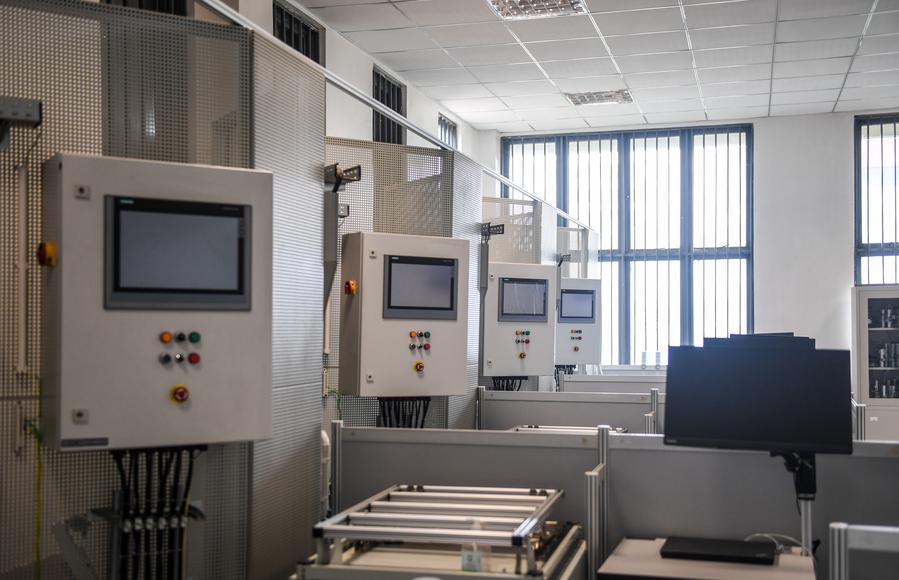
Over the next three years, China will further cooperate with Africa to advance vocational education programs, establish engineering colleges, and extend the reach of the Luban Workshops to even more African countries.
The collaboration between Africa and China can enhance and empower African youth, particularly in emerging fields like digitalization and artificial intelligence, where China is providing strong support, said Oyewole.■

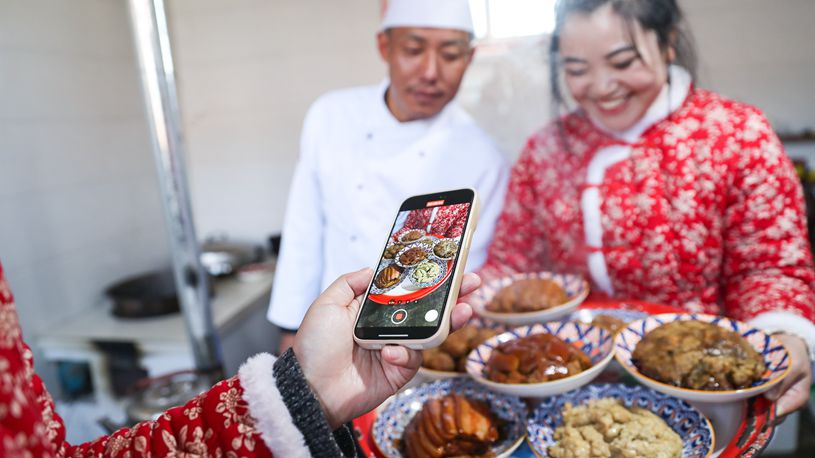

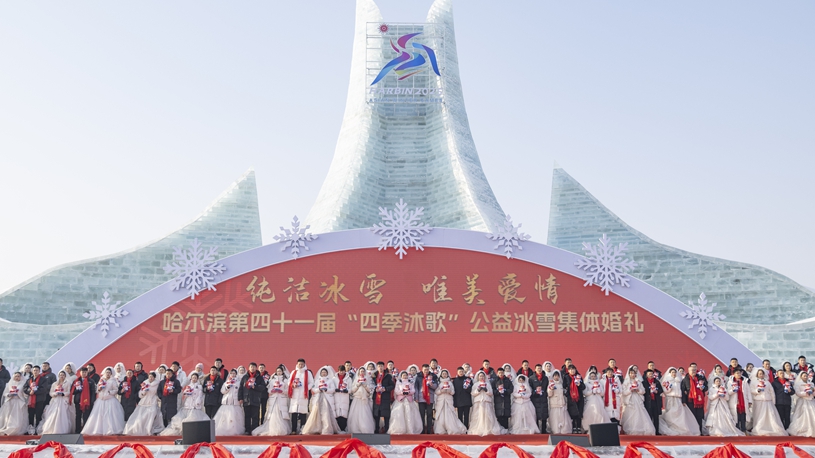


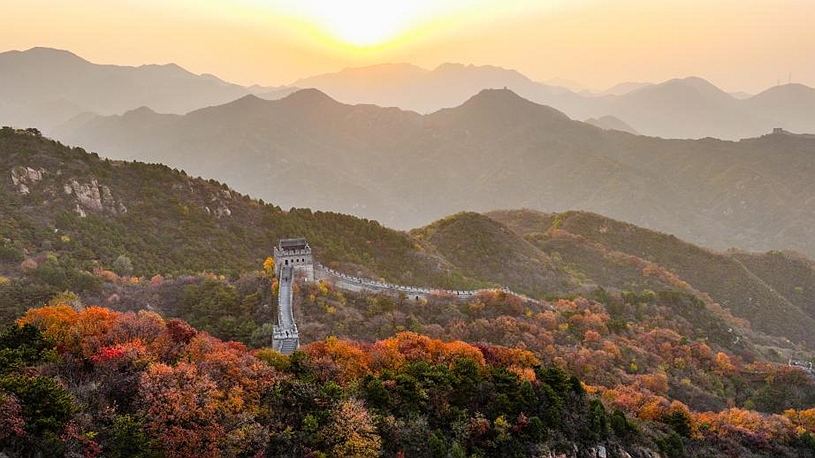
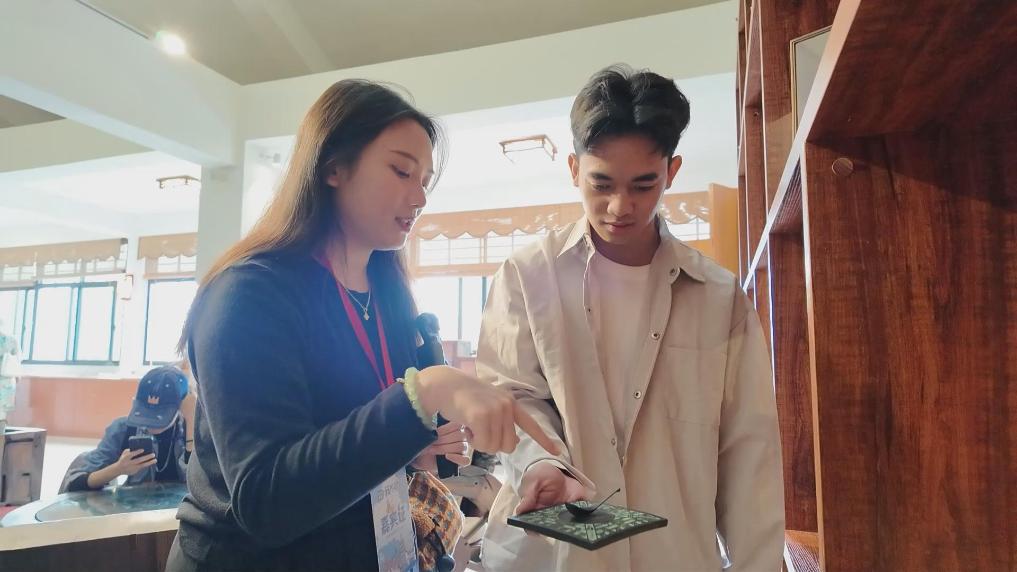

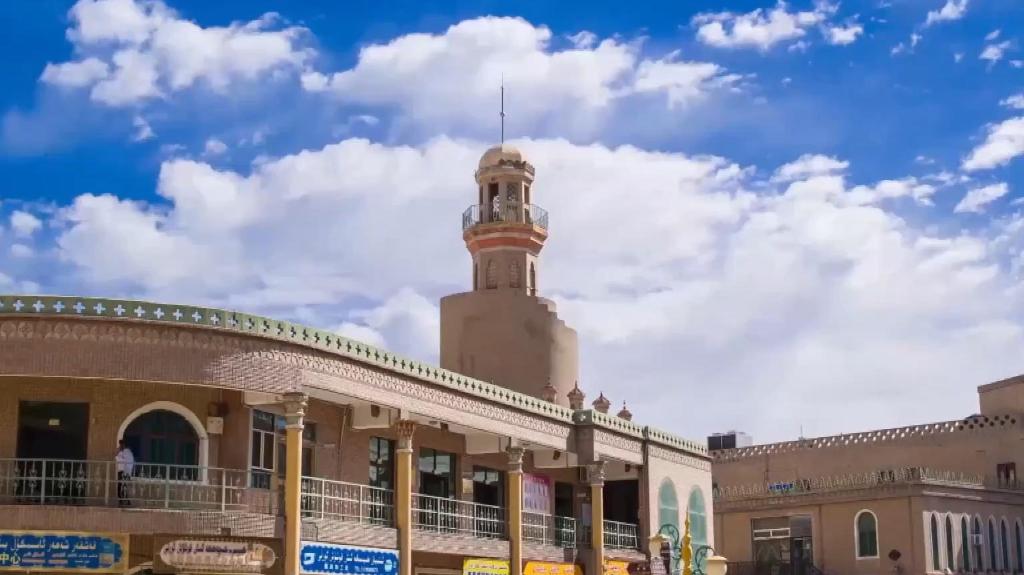



Comments